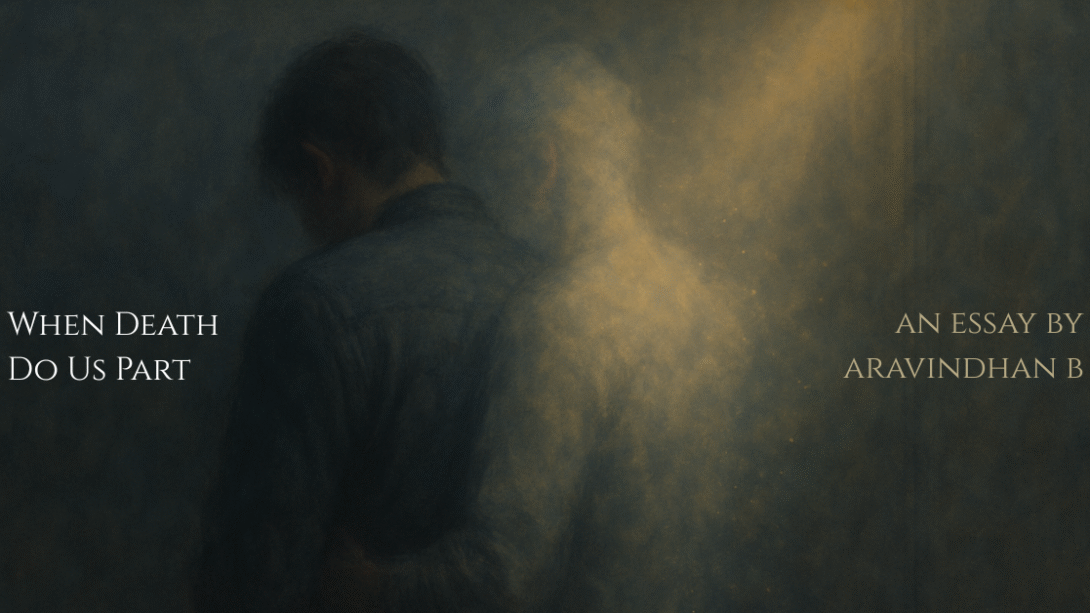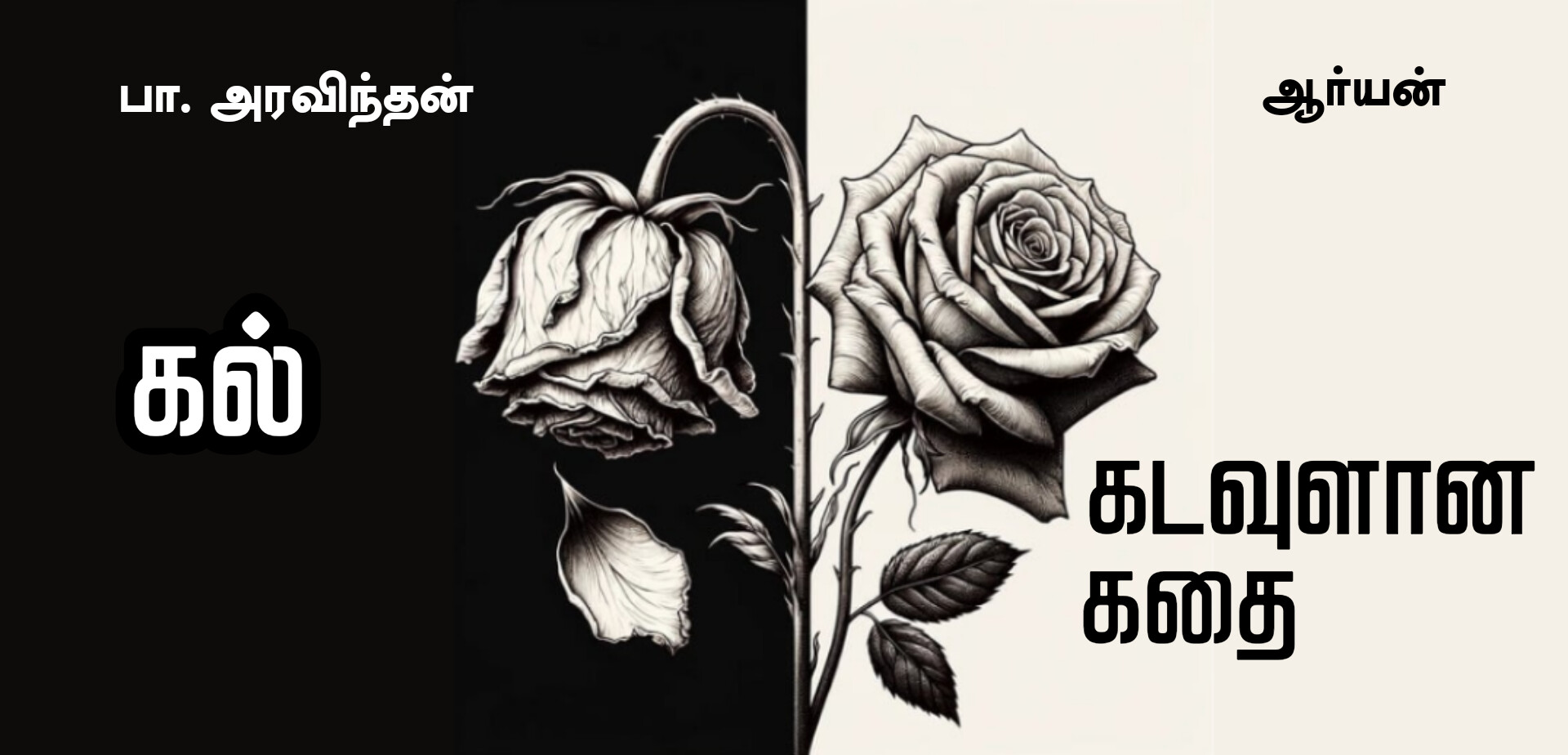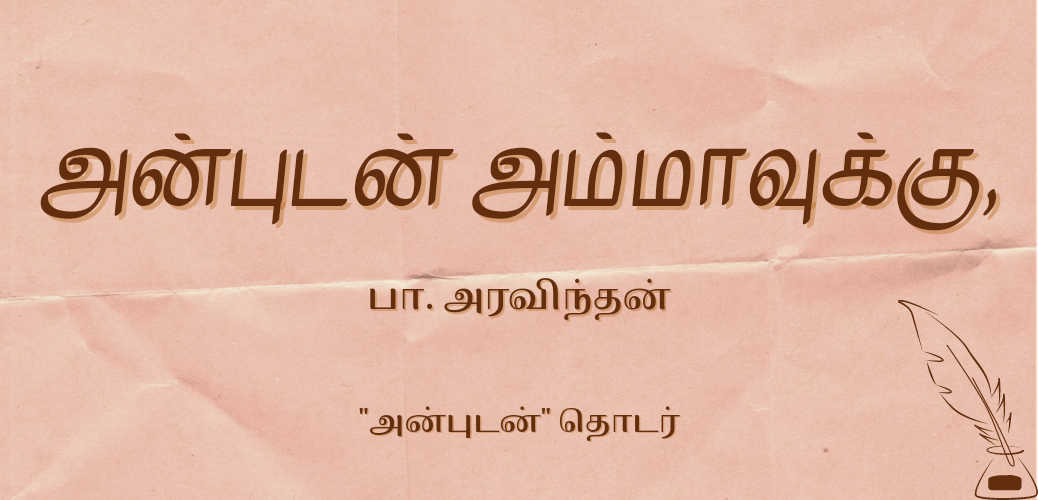When you are in an accident, doctors say you won’t feel a thing.
But what they don’t say is that, after you are revived and laid to rest on the bed, every part of you hurts.
I can say the same thing for death.
The one who dies doesn’t feel a thing. But the ones who lie on the bed every night feel the pain. Not everywhere, only in their hearts.
Fortunate are the ones who cry at the smallest thing that reminds them of the person who no longer holds their hands. The ritual cleanses them of the pain they hold. Every tear becomes a thin fabric of tissue upon a wound. Every tear brings them closer to healing that wound. In the end, all they have is a scar that won’t bleed. It becomes a reminder of the person. Still existing, but not hurting.
But what about the ones who become numb? Who wants to smother their faces against the pillow and cry out? Who wants to take out their anger for the unfairness of it all?
Those are the ones who are very unfortunate.
They wake up every day, swiping through photographs of the person they miss. They look for words, only spoken by that person, in others’ voices. They try to mend things. Hoping to fix themselves in the process. They hold the hands of other surviving members when they cry. But through all these things, their wound is still hurting.
These people lock themselves up in the bathroom. They look in the mirror and see whether they can cry. Turn on the shower and trick themselves into thinking that a tear or two must have gone down along with the water. But it doesn’t.
They still lie on the bed every night, not staring at the ceiling but looking inward. It worries them to think their emotions are indifferent to the loss. As if the one who died was someone else. A different person where you can stop at condolences, which mean nothing, and move on. That’s the cross they have to bear every night.
Grief shows up in different forms. A person could be laughing at jokes, even making them. They could be doing everything the same way as when things were normal. But they are still grieving in their own way. It’s all the small things. Laughing too much. Doing everything the same way, but going at it harder than before. Taking too much care for the survivors.
Just like the scar that healed, grief stays. You are never over someone. There will always be a piece of your heart that beats for them, keeping them alive. That’s why you do certain things like leaving an extra seat at the movies, holding something you bought recently that they like in front of their photographs, and even speaking of them in the present tense.
That’s when you think about how life is both fair and unfair at the same time.
You don’t stay on the bed with a blanket because the winter has passed. You wake up, pull the shades, and let the sunlight into your room. Life turns a new page, and you travel, move to a new job, buy a new house, or do something that you never got to do.
That’s when you realize how you were limiting yourself for the person you are missing. That one birthday you had to spend by their bedside. The nights living in fear of not seeing the light of day and the hope of seeing one. Everything that came to a standstill now starts moving. You can’t help but feel liberated. That freedom is the fairness of life.
But you make a trade with life when it lets you relish the freedom. You think about the deceased less and less as you keep thinking of other things more and more. Now you have a new friend who wants to talk to you. There is more time to do that trip. New burdens rest upon your shoulders. You move on. You begin to understand that life is both fair and unfair at the same time.
You might say the piece of the heart that was beating for them still does. But you doubt it.
The extra seat at the movies goes to another person, and the past tense starts creeping into your conversations. You still think about them on certain occasions and say this could have been better if they were here, but it becomes more of a perfunctory response rather than a yearning. The flowers you keep for them dry and are not replaced for days.
Through all this, the ones who couldn’t cry get a chance to do that. One day, life reminds them that they don’t think about the deceased anymore. It shows how little space they give them. At that point, tears don’t fall out of their eyes–it pours. The flimsy veil over their smile cracks. They lock themselves up in the bathroom but do not turn on the shower this time.
They get their freedom at last. They move on.
Now it becomes easy to sleep in the same bed where once their loved ones went to sleep and never woke up. They make peace with the death of their loved ones, and in the process, accept what has always been a part of them–their death.
The understanding dawns on them like a new day’s sun. It’s not life, but death that keeps them alive. They close their eyes of their own volition in the night. But they come to a silent agreement that it’s death that lets them open it in the morning. Yet they don’t befriend it. It’s hanging like a wall clock in their rooms. Barely noticed and only looked at when needed. But they let it tick, knowing one day it will stop.
The wound finally becomes a scar.
Years later, when they are putting their child to bed, the child might point out the scar and ask them how they got it.
They would share the story of that scar. About the person that it reminds them of. And end the story by saying, “That’s how you got your name.”






